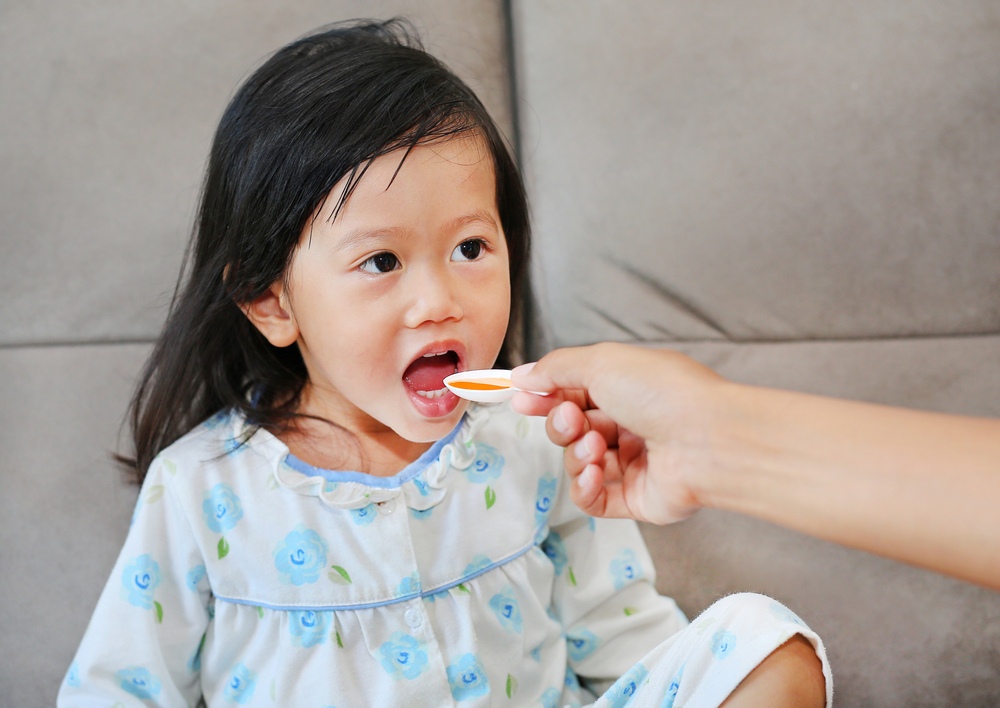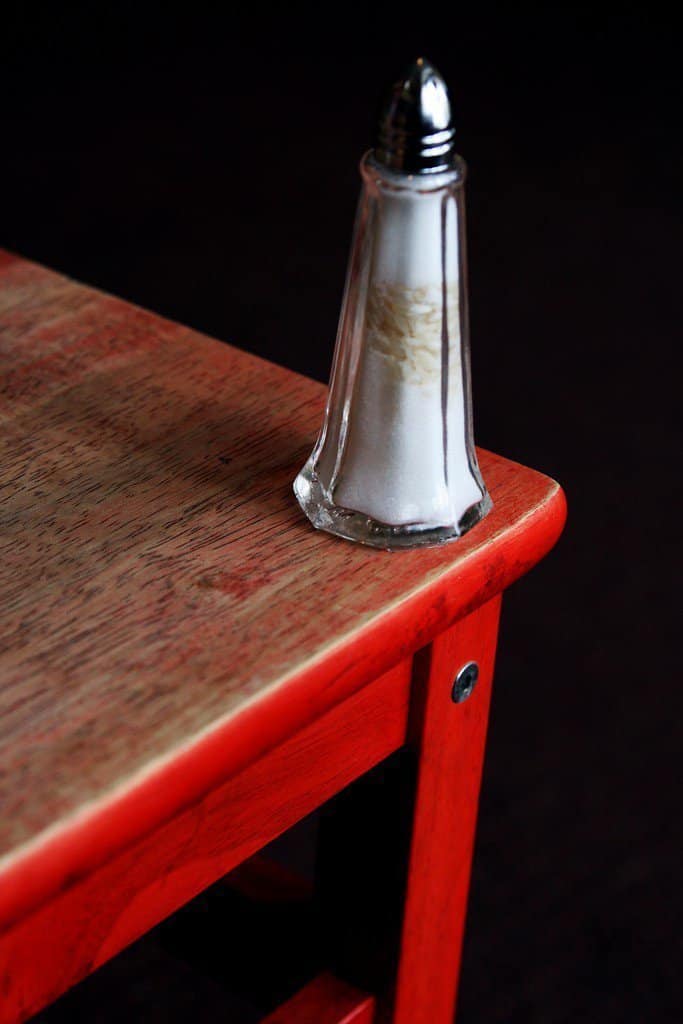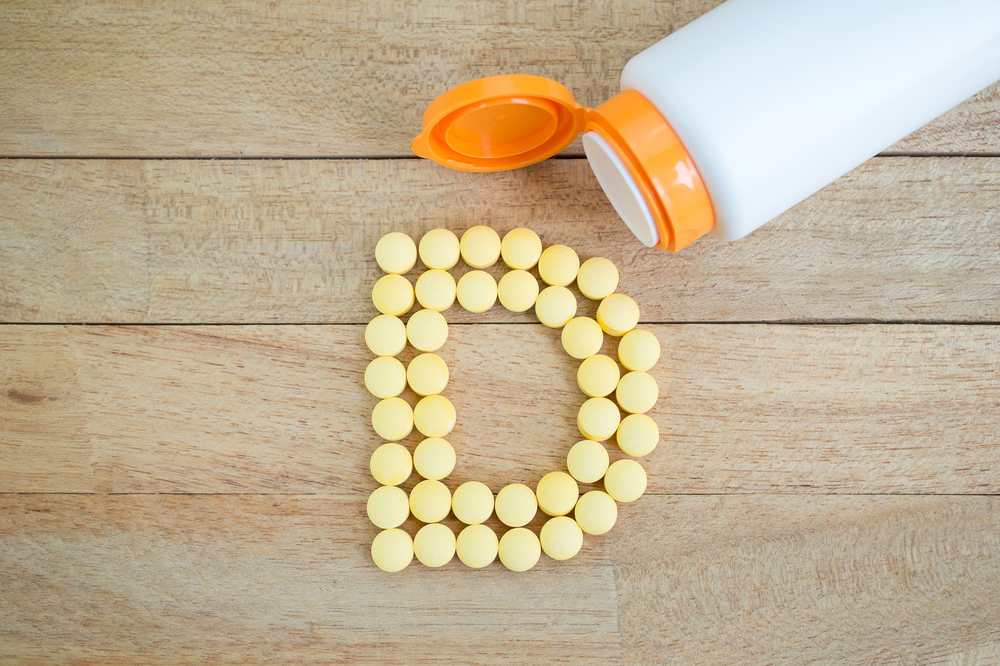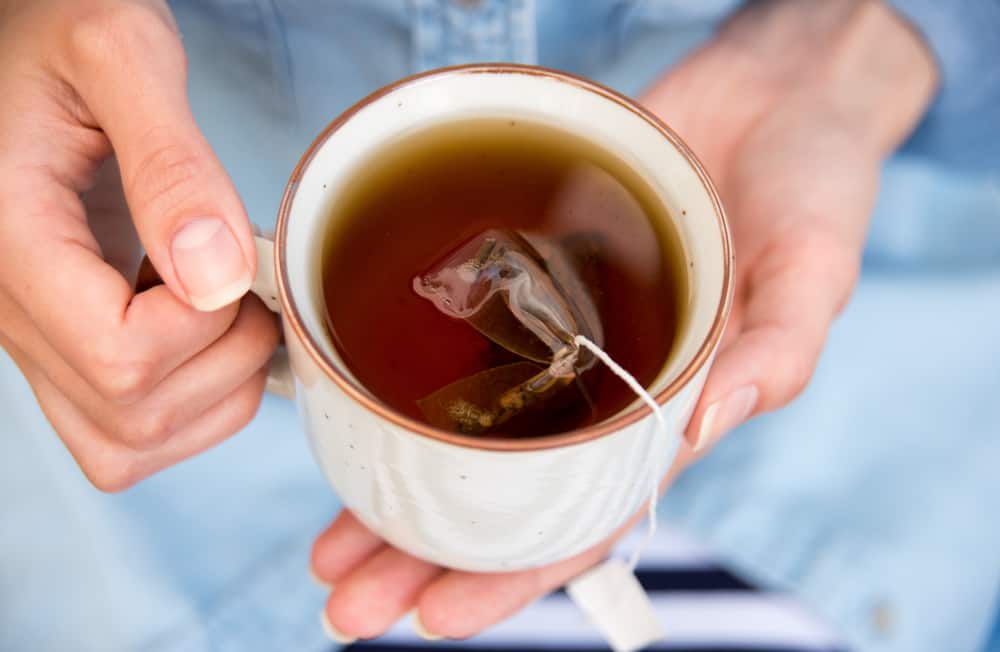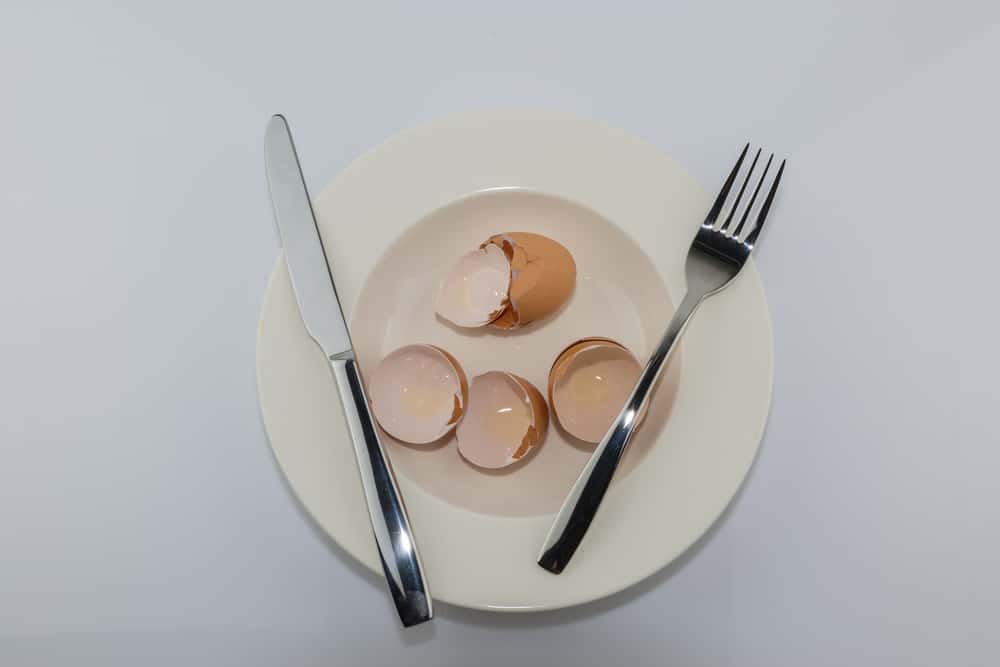Contents:
- Medical Video: Should Children Take Vitamins | What Age Do Babies Need Vitamins | Best Childrens Baby Vitamins
- Do all babies need to be given extra vitamins and minerals?
- Recommendations for supplementation for infants
- 1. Vitamin A
- 2. Vitamin D
- 3. Iron
- 4. Zinc
- 5. Iodine
Medical Video: Should Children Take Vitamins | What Age Do Babies Need Vitamins | Best Childrens Baby Vitamins
Vitamins and minerals are important components for the body. The body cannot produce its own vitamins, therefore, intake of vitamins and minerals is needed from the outside. For example, from various types of food and drinks. In addition, sometimes parents also give their children supplements for babies. Indeed, many parents ask for vitamin and mineral supplements during a visit to the doctor, even since their child is still a baby.
Do all babies need to be given extra vitamins and minerals?
Keep in mind, vitamins and minerals are contained in various types of food and beverage ingredients. Provision of additional vitamins and minerals in children and infants is only a supplementary supplement or supplement.
So, should the baby be given a supplement? The answer depends on the condition of the baby itself. Supplements are certainly needed if your child lacks nutrients due to lack of daily food intake. For example in children who are very picky when eating.
One way to find out if a child lacks nutrients is to check with a pediatrician. From there, doctors will recommend what supplements your baby might need. So parents cannot buy supplements for babies carelessly without the doctor's knowledge.
Recommendations for supplementation for infants
As explained above, supplements for babies are only needed if the child lacks certain nutrients. If he eats and breastfeed properly, does not have certain health problems, and in general his health is good, there is no need to provide supplements for babies.
However, because of the many cases of malnutrition in infants and children, the World Health Organization (WHO) issued a guide to supplementation for infants and children. However, again this needs to be adjusted to the condition of each baby.
1. Vitamin A
Vitamin A plays a role in a child's growth, eye and skin health and repair of tissue damage. WHO recommends giving vitamin A as much as 100,000 U (blue capsules) in infants aged 6-11 months and vitamin A at 200,000 U (red capsules) in children aged 12-59 months every 4-6 months.
This recommendation from WHO has been implemented in government programs, namely the provision of vitamin A regularly in the month of vitamin A (February and August).
2. Vitamin D
Vitamin D plays a role in tooth growth, bone formation, and calcium absorption in the body. One source of vitamin D is sunlight. According to a survey in Indonesia, 43 percent of urban children and 44 percent of rural children experience vitamin D deficiency.
Risk factors that play a role include lack of sun exposure, lack of food intake containing vitamin D, and prolonged breastfeeding without vitamin D supplementation.
Provision of vitamin D is recommended for 400 IU for infants aged 0-12 months and for 600 IU for children over one year regardless of the type of food. However, until now there has not been sufficient scientific evidence to recommend vitamin D supplements regularly for Indonesian children.
3. Iron
Iron is a mineral needed to increase endurance, growth and brain development. In addition, iron can increase concentration and learning achievement of a child. Giving iron is recommended to be given routinely since the baby is 6 months old for 3 months each year.
Regular administration of iron supplementation has also been recommended by the Indonesian Pediatrician Association (IDAI), given that the rate of iron deficiency anemia in infants in Indonesia is still quite high.
4. Zinc
Zinc is a mineral needed to reduce the incidence of diarrhea, pneumonia (lung infection), and other infectious diseases. Zinc is given routinely to infants aged 6-23 months for a minimum of 2 months, every 6 months.
5. Iodine
Iodine is a mineral that is needed for the growth of weight and height and the development of brain intelligence. The 2013 Basic Health Research (Riskesdas) data shows that access of households in Indonesia to iodized salt is only 77.1 percent. Therefore, WHO recommends giving iodine supplements only to infants and children who are susceptible to iodine deficiency.

